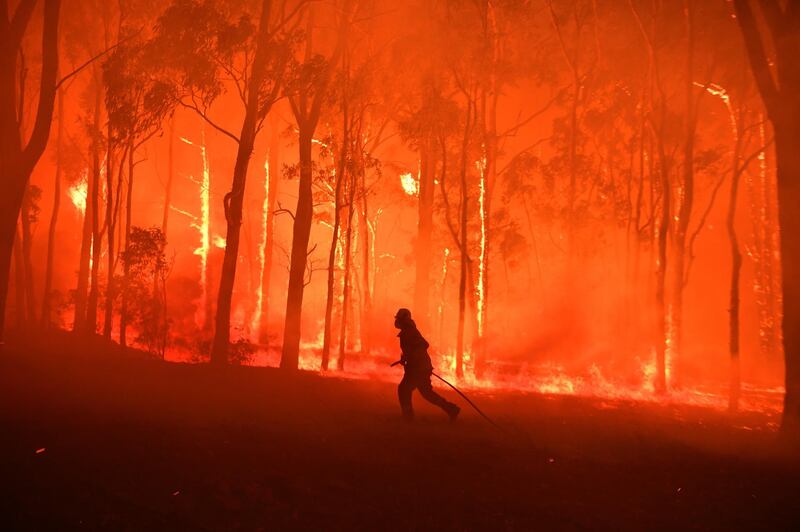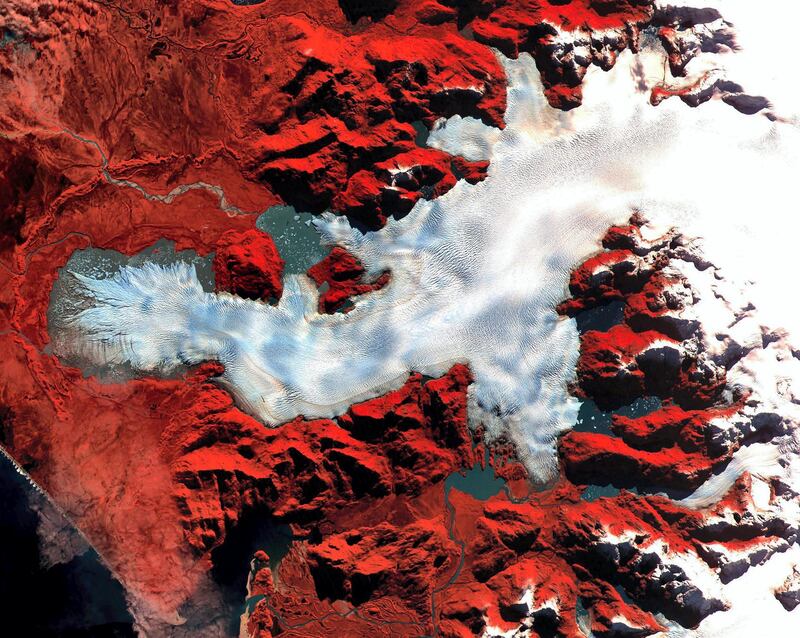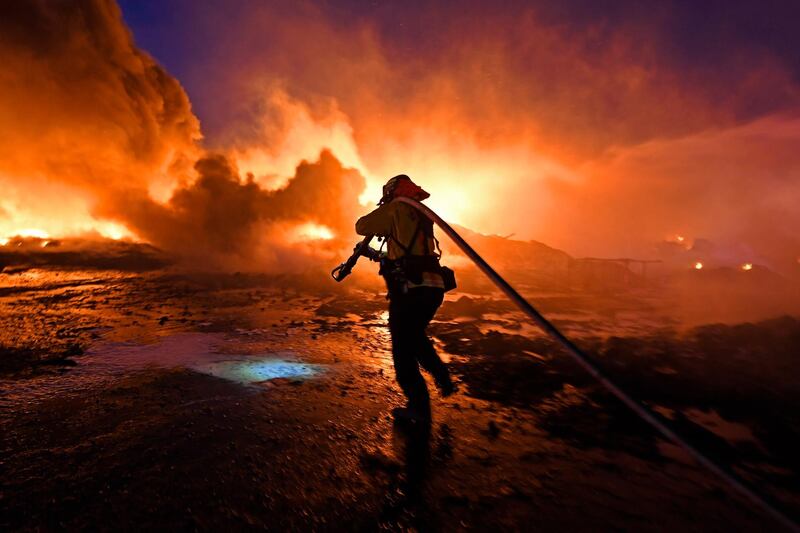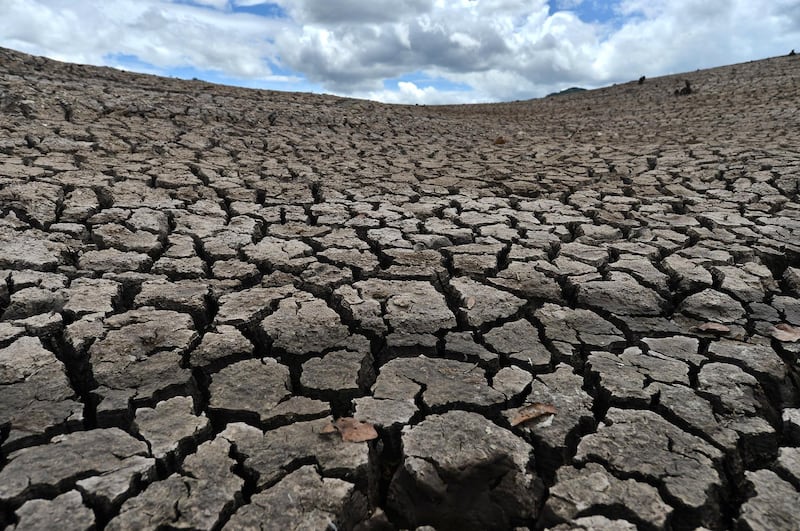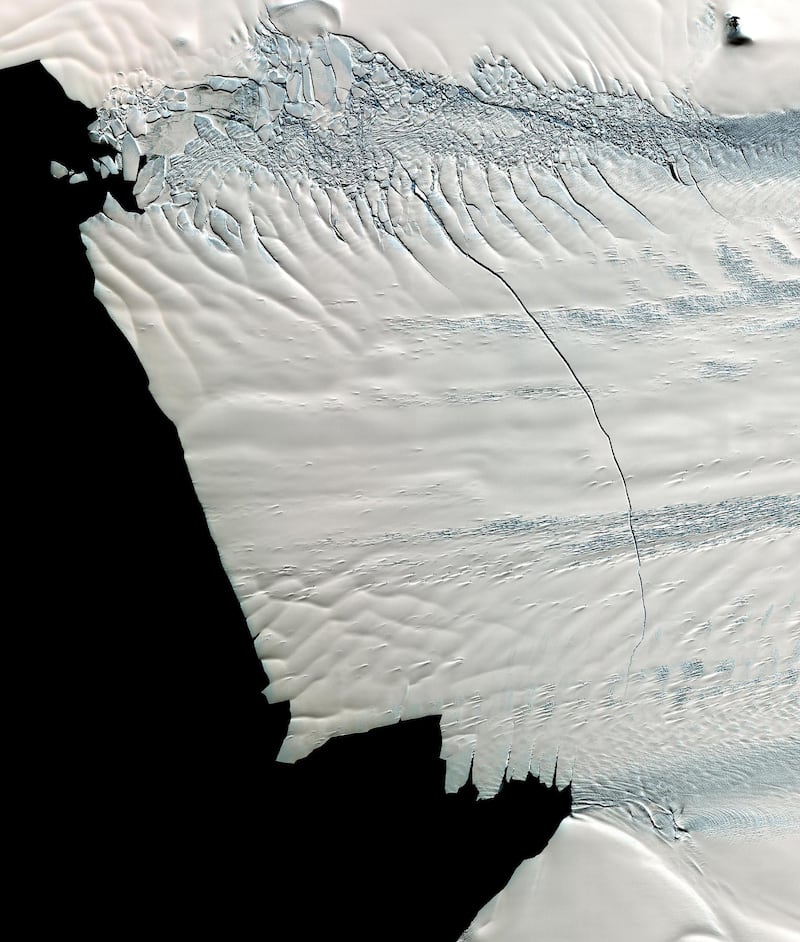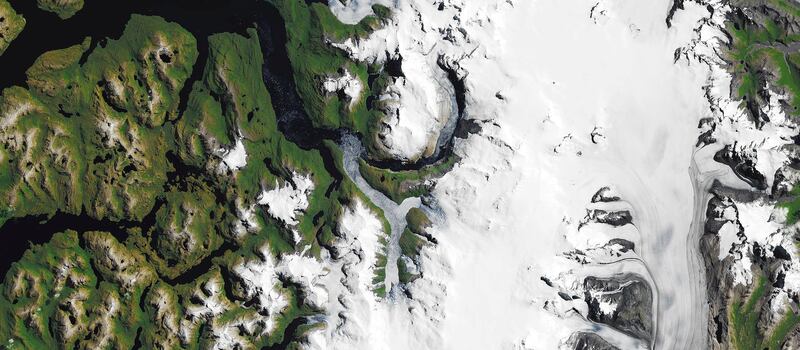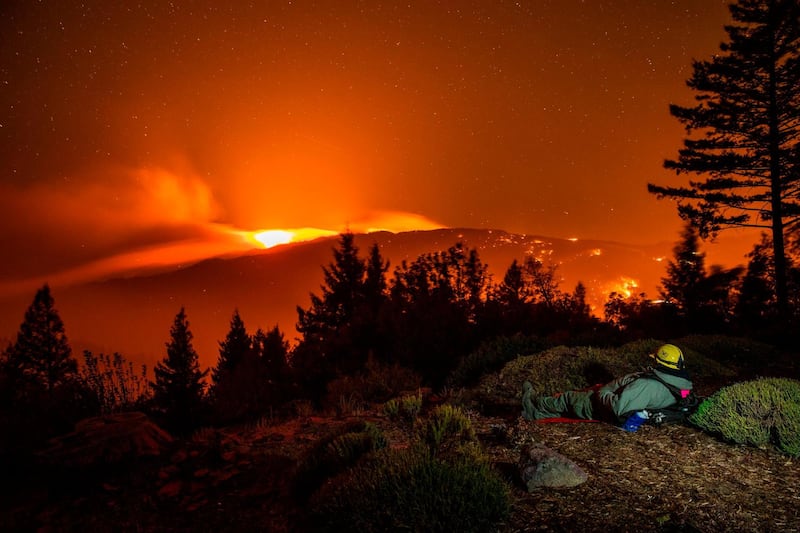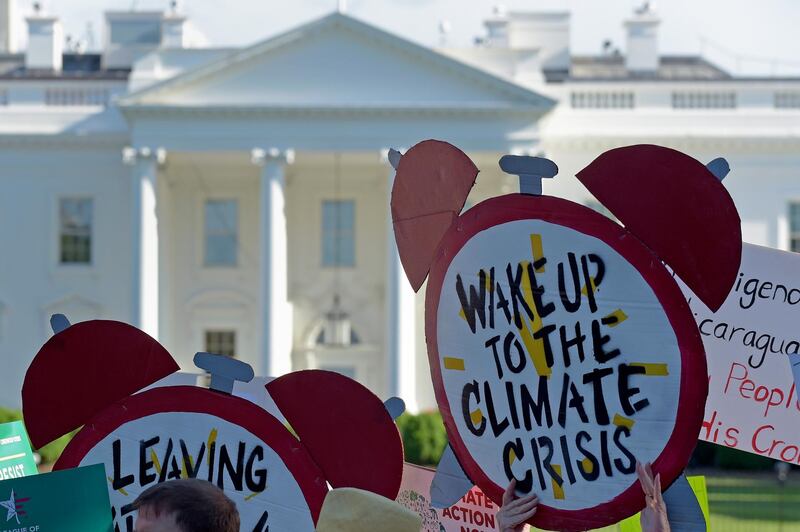A multi-agency report compiled by the UN has found all the "tell-tale" signs of climate change including rising temperatures on land and at sea, rising sea levels and melting ice.
UN Secretary-General Antonio Guterres warned that the world is "way off track" to keeping global temperature rises to below two degrees Celsius as set out by the landmark Paris Agreement.
“Given that greenhouse gas levels continue to increase, the warming will continue. A recent decadal forecast indicates that a new annual global temperature record is likely in the next five years. It is a matter of time,” said Petteri Taalas, the head of the World Meteorological Organisation.
He spoke of a number of "unseasonably mild" weather incidents over winter, record temperatures for Antarctica and the widespread fires that devastated Australia recently.
Mr Taalas said there had been a global spike in carbon dioxide emissions because of smoke and pollutants stemming from the blazes in Australia.
"Temperature is one indicator of ongoing climate change. Changes in the global distribution of rainfall have had a major impact on several countries," he said.
Sea levels are rising at an increasing pace, largely due to the thermal expansion of sea water as well as melting of the largest glaciers, like in Greenland and Antarctica. This is exposing coastal areas and islands to a greater risk of flooding and the submersion of low-lying areas,” said Mr Taalas.
Greenhouse gas mole fractions, a climate indicator, reached new highs in 2018 and preliminary evidence suggest they increased in 2019. In 2019, at least 84 per cent of the ocean experienced at least one marine heatwave.
The ocean is also becoming increasingly acidified as it absorbs carbon dioxide, severely affecting multiple marine organisms, the research found.
“This report outlines the latest science and illustrates the urgency for far-reaching climate action," said Mr Guterres.
"It brings together data from across the fields of climate science and lists the potential future impacts of climate change – from health and economic consequences to decreased food security and increased displacement,” he added.
